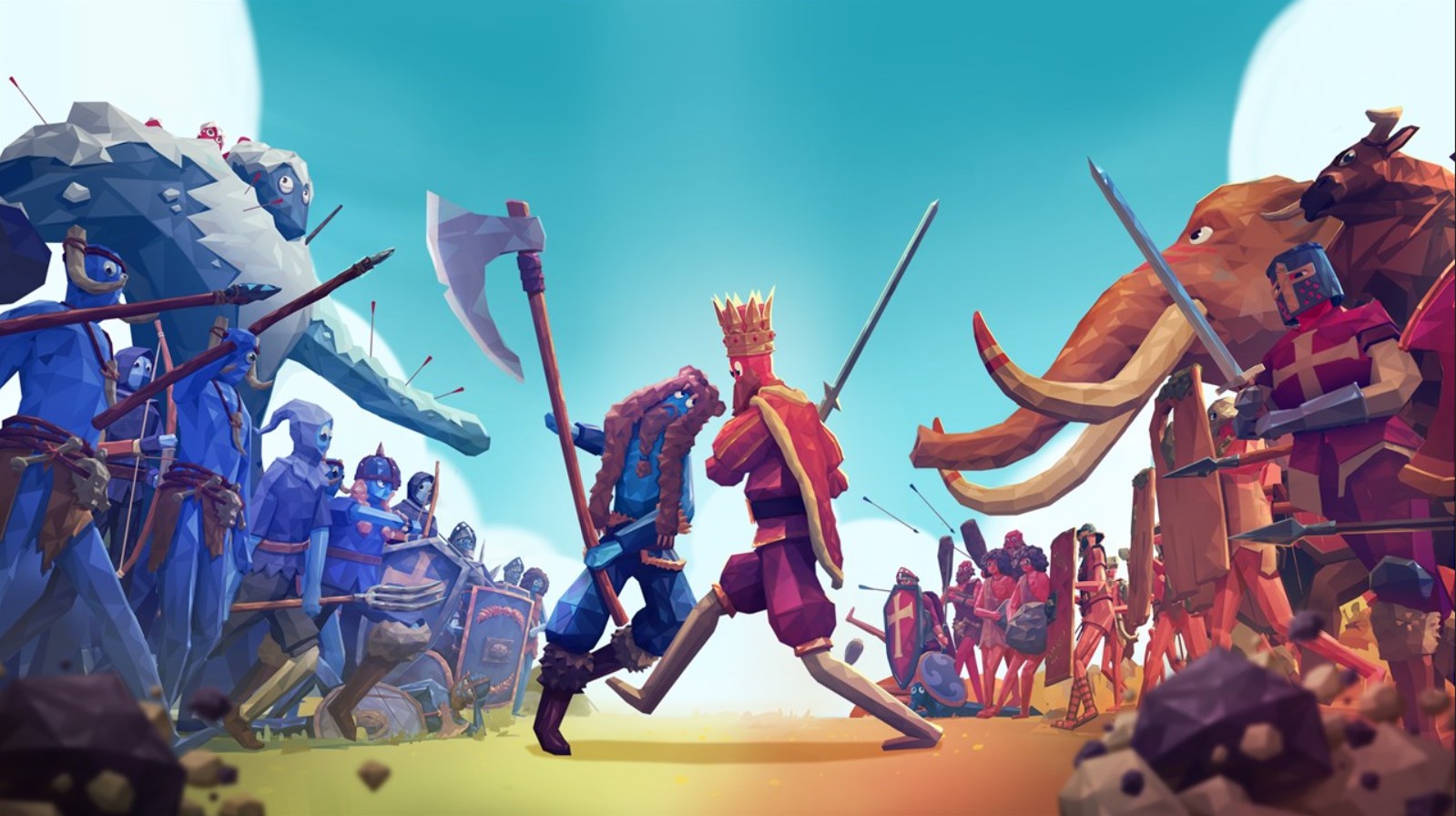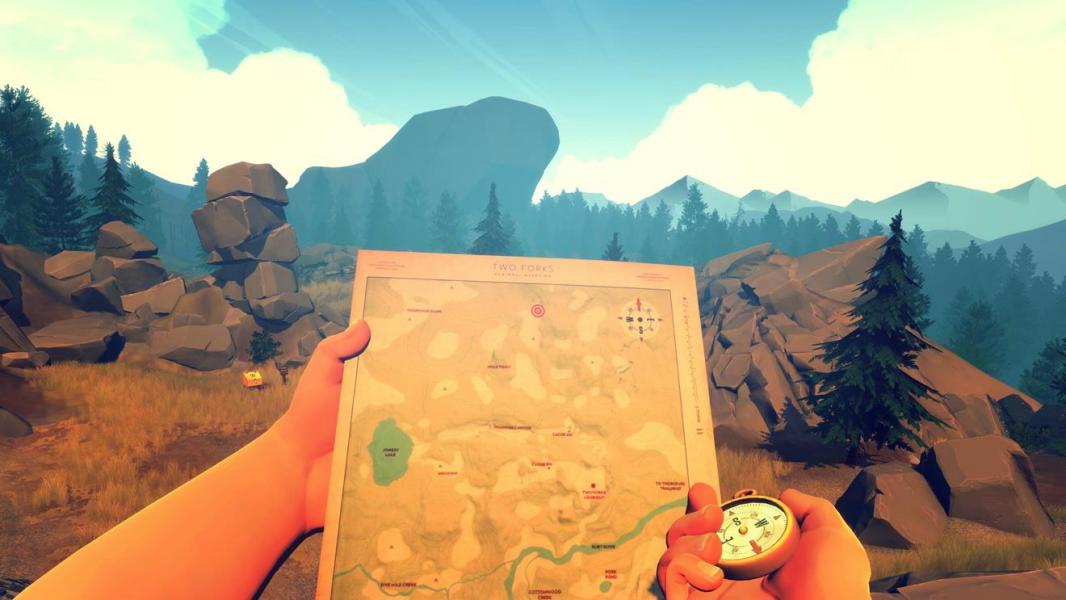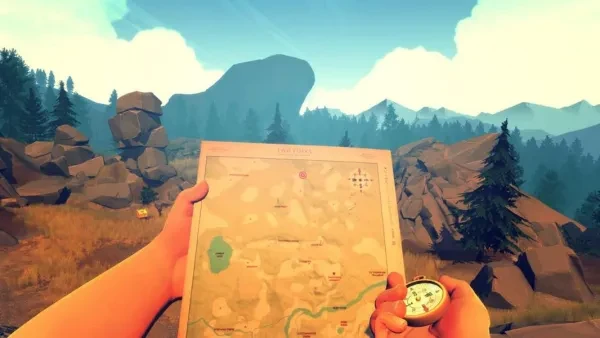
These days anybody can make their own game- but is that a good thing?
The indie game market is large and ever expanding. With free game engines like Unity and Steam’s Greenlight system, it is easier than ever to create and market your own game without needing the reputation and resources of big AAA companies. But what is it like trying to be a successful indie game on Steam and what exactly does this influx of low-budget, independent games mean for the video game industry?
1) Steam Greenlight
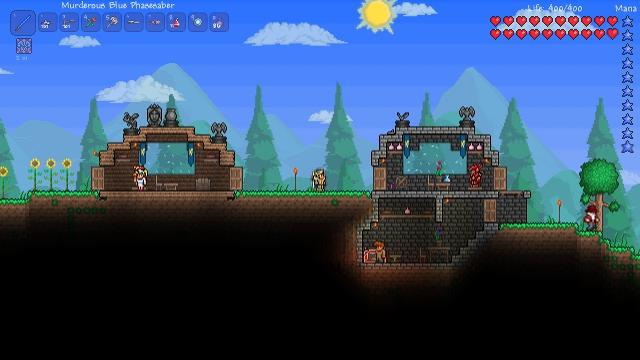
Terraria: one of the most acclaimed indie games on Steam.
Steam Greenlight is a section of the online Steam store that allows users to vote for games they would like to see available on Steam. Previously, independent games were selected by Steam employees and if your game was selected you could usually expect a decent amount of sales and success because of it. Now, the situation is much different. Some have predicted Steam is becoming the next App Store: so oversaturated with good and bad games alike that it becomes nearly impossible to stand out from the crowd. Today, getting your game onto the Steam store doesn’t really mean anything. Your game is still very likely to fail for the fact alone that it has to struggle to be seen among so many.
2) Early Access
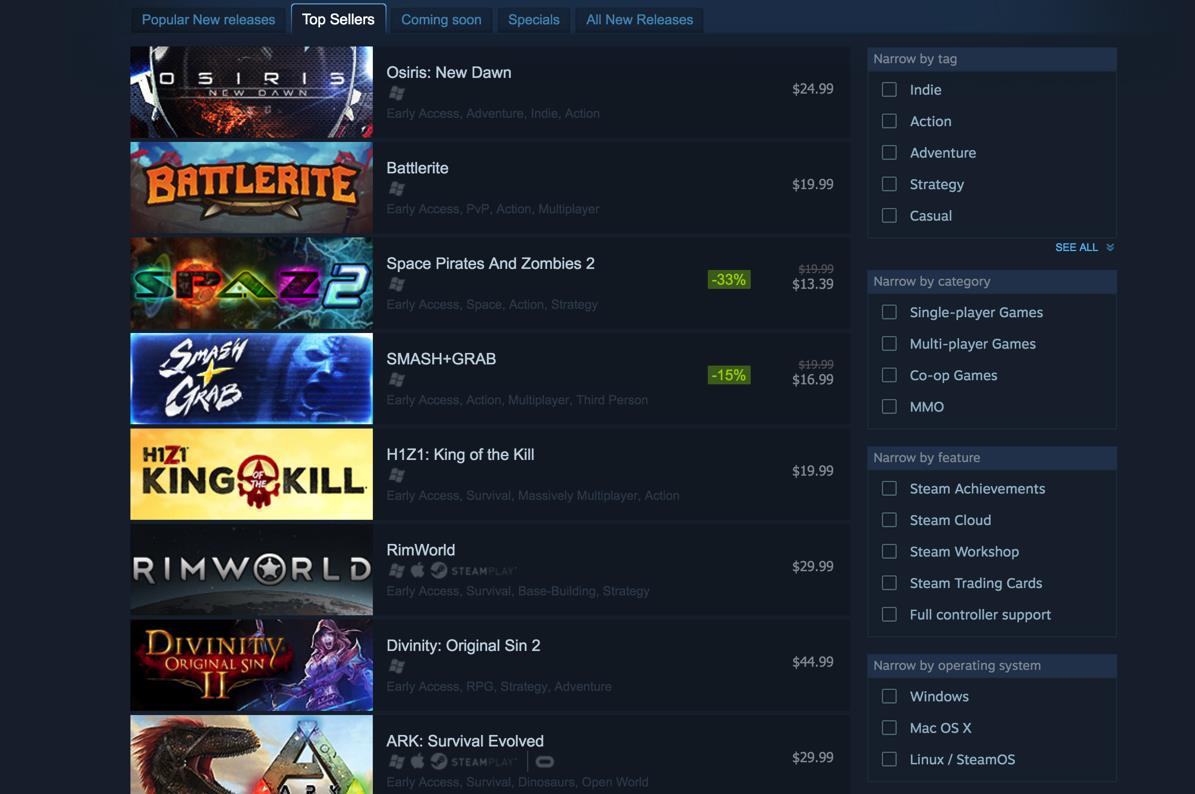
A few of many games currently in early access.
Another system on Steam that has changed the face of independent game development is Early Access. This feature allows creators to sell unfinished games, with the goal of getting fans more involved in the development process. The risk of spending money on a game that is not complete is, ideally, outweighed by the promise of having a real impact on how the game progresses. Unfortunately, that is not always the case, as many games don’t ever get out of early access and consumers often get frustrated with the lack of progress or inevitably buggy current state of the game.
The other difficulty of early access is keeping players interested in your game and wanting to stick around for when it is released in its entirety. With this comes the problem of needing your finished game to have new features instead of just improving on the ones shown in early access. Otherwise, how will players get excited for the official release if they already have played with the main mechanics to exhaustion in early access?
3) So What Does it Mean?
The ease of making an independent game today has, without question, opened up the market for more creative and innovative games outside the big, multi-sequel blockbusters that tend to dominate the market. But making a successful indie game is now more difficult than ever because of the amount that are being created and released every day. A game’s success can no longer be measured solely by how good of a game it is- there are simply too many of them to have to sift through for every quality game to be discovered. Now a days a large part of a game’s success is dependent on marketing and word of mouth, both of which true indie companies- ones with only a handful of employees and largely self-funded- do not have the experience or time to do so efficiently. As a result, new strategies and business models must be created to stay afloat as an independent developer. No longer does an inclusion on the Steam store guarantee indie success.
Although the way in which an indie game can get attention and become successful is different and more difficult than it has in years past, the critical hit has still managed to arise from among the crowd. The real question now is, how many hidden gems are buried within Steam, just waiting to be properly discovered?
Interested in learning more about the video game industry? Check out these related articles:
The History of Video Games: 11 Interesting Facts You Didn’t Know
10 Interesting Gaming Industry Facts You Probably Didn't Know About

